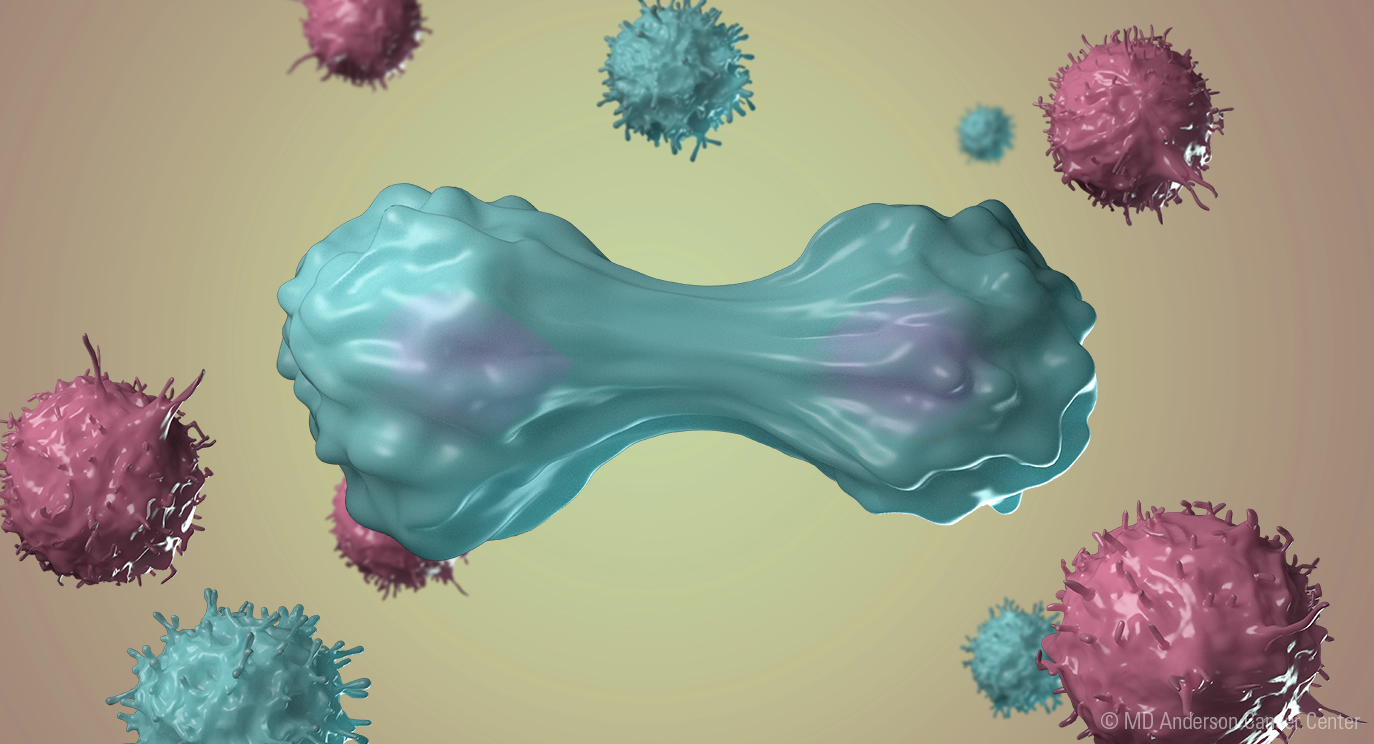
Many people chase weight loss goals but forget one crucial element — proper hydration every day.
Staying hydrated does not just impact your energy or skin but plays a hidden role in fat metabolism.
We often underestimate how water supports digestion, appetite control, and calorie burning behind the scenes.
Here’s why your weight loss efforts might stall if you ignore hydration.
Dehydration can confuse your hunger signals without you even realizing it
When your body loses water, it sends confusing signals to your brain that feel like hunger.
You may think you are craving snacks, but your body is actually asking for fluids instead.
This subtle confusion leads to unnecessary calorie intake, making your diet plan seem less effective.
Several clinical studies have shown that mild dehydration increases the chances of overeating by almost 30%.
Simple habit: Drink water first before reaching for a snack and see if hunger fades naturally.
Water helps regulate your body’s ability to burn stored fat efficiently
Fat metabolism depends heavily on specific biochemical reactions that require adequate water to occur.
Lipolysis, the process where fat molecules break down, literally needs water to activate efficiently inside cells.
If your system is low on fluids, lipolysis slows down, and fat burning becomes less effective.
This is why even perfect calorie counting cannot fully succeed without paying attention to your hydration levels.
In short, water is not a side tool for fat loss; it is a critical trigger.
Drinking enough before meals significantly reduces how much you eat without effort
A fascinating 12-week study tracked two groups following identical low-calorie diets but different water intakes.
The group drinking two glasses of water before each meal lost 44% more weight than the other.
Why? Because water takes up space in the stomach, triggering early satiety signals naturally.
No pills, no complicated behavior change — just a simple timing trick to help portion control.
Next time you plan a meal, try drinking a full glass of water 20 minutes earlier.
Even minor dehydration can slow your metabolism by up to 3%
You might think missing a few glasses of water is harmless, but metabolism tells another story.
Research shows that dehydration of just 1–2% can cause a measurable drop in calorie burning rates.
This slowdown might seem small daily but adds up over weeks and months of dieting efforts.
Imagine burning 100 fewer calories daily simply because you forgot to hydrate properly each morning.
Small gaps like these explain why some dieters struggle to see progress even with strict routines.
Many people mistake caffeine and alcohol for hydration, worsening the problem
Coffee, tea, and alcohol feel refreshing but contribute to dehydration instead of solving it.
These drinks act as mild diuretics, meaning they increase urine production and fluid loss over time.
Relying solely on caffeinated or alcoholic beverages creates a silent cycle of ongoing mild dehydration.
To support fat burning and appetite control, prioritize water, herbal teas, or electrolyte-rich beverages daily.
Otherwise, you are unknowingly sabotaging your own weight loss goals, sip by sip.
Hydration supports exercise performance and recovery, boosting your weight loss results
Water does not just quench thirst; it also powers your muscles during workouts and recovery afterward.
Sweating during exercise leads to significant fluid losses that must be replaced promptly for maximum benefit.
Even mild dehydration can decrease exercise endurance, strength, and overall calorie burn during training sessions.
For those following fitness routines, prehydration and rehydration are non-negotiable parts of a weight loss plan.
Otherwise, performance dips, fatigue increases, and workout consistency drops sharply without clear reasons.
Thirst sensitivity declines with age, making hydration habits even more critical
As people age, their natural sense of thirst becomes less accurate and reliable.
Older adults often wait too long to drink because they do not feel thirsty early enough.
This delay not only risks dehydration but also slows metabolism and appetite regulation at a vulnerable time.
For sustainable weight control beyond youth, building scheduled hydration habits becomes essential for protection.
Waiting for thirst alone is no longer enough once thirst sensitivity begins to fade quietly.
Flavoring water naturally can help overcome boredom and improve intake
Plain water can feel boring after a while, making it harder to maintain good hydration habits.
One simple solution is to infuse water with natural flavors like lemon, cucumber, mint, or berries.
These slight flavor boosts make drinking feel more refreshing and enjoyable without adding sugar or calories.
You can also alternate between plain water, herbal teas, and sparkling water to maintain interest.
Hydration should feel like self-care, not a chore you are forced to complete every few hours.
Certain medications and health conditions increase your daily water needs
If you take diuretics, antihistamines, or blood pressure medications, you may need extra hydration.
These drugs cause additional fluid loss through urine or sweating, raising dehydration risks unexpectedly.
Similarly, diabetes, kidney disorders, or thyroid problems often change how your body manages water balance.
In these cases, following standard hydration advice is not enough; personalized strategies become necessary.
Talk to your doctor if you are unsure how your medications or conditions affect your hydration needs.
Electrolytes matter too, especially during intense dieting or long exercise sessions
Water alone is not always enough if you are sweating heavily or cutting calories significantly.
Electrolytes like sodium, potassium, and magnesium help your body absorb and retain water properly.
Without enough electrolytes, drinking plain water can actually cause imbalances and slow recovery.
During tough weight loss phases, adding electrolyte tablets or balanced sports drinks can be smart.
This extra step ensures that hydration supports performance, metabolism, and overall fat-burning processes together.
Morning hydration sets the tone for your entire metabolism and appetite control
After hours of sleeping, your body wakes up dehydrated and behind on fluid intake immediately.
Skipping morning water delays metabolic activation, worsens appetite signals, and reduces morning energy levels.
Simple ritual: drink a glass of water right after waking up, before coffee or breakfast.
This small habit can trigger more efficient fat burning, better food choices, and steady energy naturally.
Think of morning hydration as flipping on the switch that keeps your system humming all day long.
High water foods like cucumbers and strawberries can boost your hydration effortlessly
Eating your water is another underrated strategy for improving hydration without feeling like you are drinking constantly.
Foods like cucumbers, strawberries, watermelon, and celery contain over 90% water by weight naturally.
Including these foods in your diet provides additional hydration plus essential vitamins, minerals, and fiber.
Snacking on water-rich fruits and vegetables keeps you full longer while subtly supporting weight loss.
Next time you plan your grocery list, think beyond drinks and add hydration foods consciously.
Tracking your hydration helps spot hidden patterns sabotaging your weight loss
Many people underestimate their true water intake when relying on memory alone.
A simple hydration tracker app or journal can reveal surprising gaps and inconsistencies over time.
You might discover you forget afternoon hydration or underdrink during busy workdays without noticing.
Tracking makes you more aware and intentional, aligning hydration closely with your broader health goals.
Knowledge is power when it comes to small habits adding up or breaking progress quietly over months.
Source: Dietician in Dubai / Dietician in Abu Dhabi
